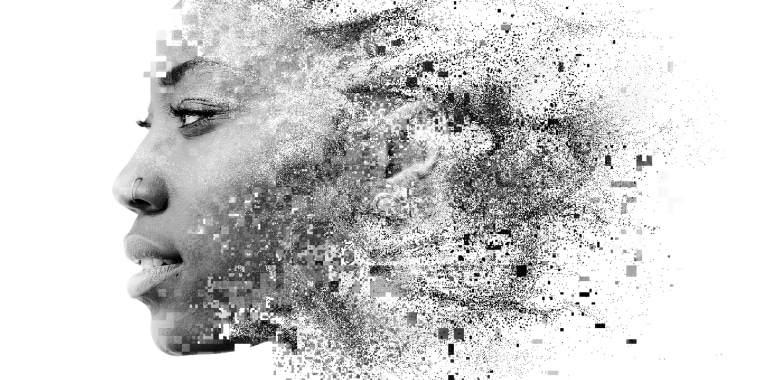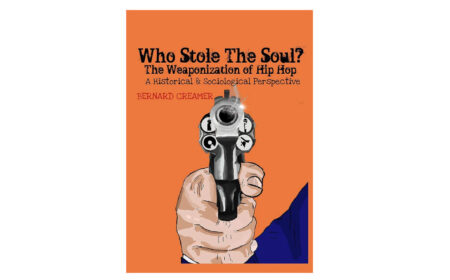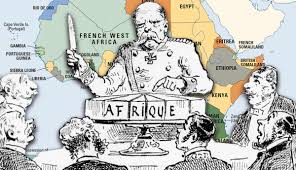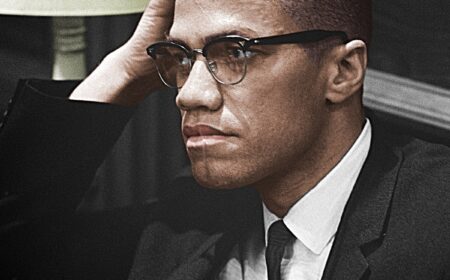Brittney Cooper Being a black woman in America means realizing that doing everything right may not be enough
The gospel of neoliberalism is a gospel of choices. But for black Americans — especially black women — this gospel is a lie.

The systematic denial of choices to black people and the increasingly high stakes of the choices we do have is infuriating.Victor_Tongdee / Getty Images/iStockphoto
Racial disparities in maternal health throw this lie into especially sharp relief. Research shows that for black women, the choice to birth children is frequently a life or death decision. Maternal mortality is now worse in this country than it was 25 years ago and black women are three to four times more likely than white women to die from pregnancy related causes. In the 1990s, Dr. Arline Geronimus argued that as a consequence of continuous and heightened stress, black women’s bodies experience what she termed “weathering.” The idea was that our bodies literally age more quickly than white bodies, putting both ourselves and the babies we carry at risk of premature death.
I am now 37 years old. Last year, I received tenure from the institution where I work as a professor. I am the only person in my family’s generation who has not had children; my mother is the only one of her siblings who is not a grandparent. As I continue to recover from the stresses of my eight-years long, grueling tenure process — not to mention the otherwise stressful life of a professional black woman overachiever — I am left to wonder whether my body is too weathered to successfully carry both me and a baby through a pregnancy.
The idea that the choices and accomplishments that I worked so hard to achieve might be the things preventing me from having the personal and lifestyle choices that I wanted is devastating.
The idea that the very choices and accomplishments that I worked so hard to achieve might be the very things preventing me from having the kinds of personal and lifestyle choices that I wanted is — in a word — devastating.
Because my single mother preached her own Southern, black, Christian version of this gospel of neoliberalism sermon for the entirety of my childhood, I did make excellent choices, reminded as I always was, that “Baby, the only person who you can control is you.” I was particularly obsessed with avoiding premature parenthood, so much so that I treated sex a contagion, whose influence would spread and engulf my life if I came into contact with it even one time.
My mother had been a teen mom, a choice that curtailed her educational prospects and limited her economic power. I was acutely aware that having a baby too young could derail all my future plans, too. Although many of my feelings were shaped by both the Christian “True Love Waits” campaign of the 1990s and a society morally panicked about a teen pregnancy epidemic, much of my angst also had to do with being a finicky, nerdy black girl, lacking in confidence and uncomfortable in my own skin.
Neoliberal thinking can make you feel like you are in charge of your own destiny. It can make you believe that through sheer strength of will and good choices alone, you can rule your own world.
But because the stakes were so incredibly high, it was exceedingly difficult not to become a steadfast adherent to the dictates of neoliberalism. Neoliberal thinking can make you feel like you are in charge of your own destiny. It can make you believe that through sheer strength of will and good choices alone, you can rule your own world.
Then, you reach adulthood, have success and accomplishments in spades and you begin to wonder if perhaps you have overplayed your hand. The indefatigable reach of systems of white supremacy, patriarchy and capitalism shatters the Invictus-fueled fantasy that most of us are taught to believe. We are not the masters of our fate.
Despite delaying motherhood until I reached a required level of “social fitness” to mother, I now find that traditional mothering might not be within reach. Thankfully, I’m not wed to birthing a child, but the systematic denial of choices to black people and the increasingly high stakes of the choices we do have is no less infuriating.
Professor Ruth Wilson Gilmore has argued that racism should be understood as “the state-sanctioned and/or extralegal production and exploitation of group-differentiated vulnerability to premature death.” When black mothers and children are dying at increasingly worse rates, despite following the state-sanctioned ideological ruse of making good choices, the connection of racism to the production of premature death in black communities becomes exceedingly and excessively clear.
Black mothering has always been caught in the tricky maze of power relationships that shaped the founding of the United States. Black women were transported here as breeders to provide birth free laborers for the American republic. After emancipation, black women struggled to protect their progeny, and to resuscitate black motherhood from conservative narratives about welfare queens draining public resources. My mother came of age in the aftermath of the infamous Moynihan Report and became a teen mother one month after Ronald Reagan was elected to the presidency.
Many of my choices as a young black woman growing up in post-1980s America were shaped by a desire “not to become a statistic.” Like Scylla and Charybdis, an impeccable grind and an unstoppable hustle might help you to outrun the statistical narrative, but weathered health brought on by too many years of stress and struggle might have the last, cruel laugh.




